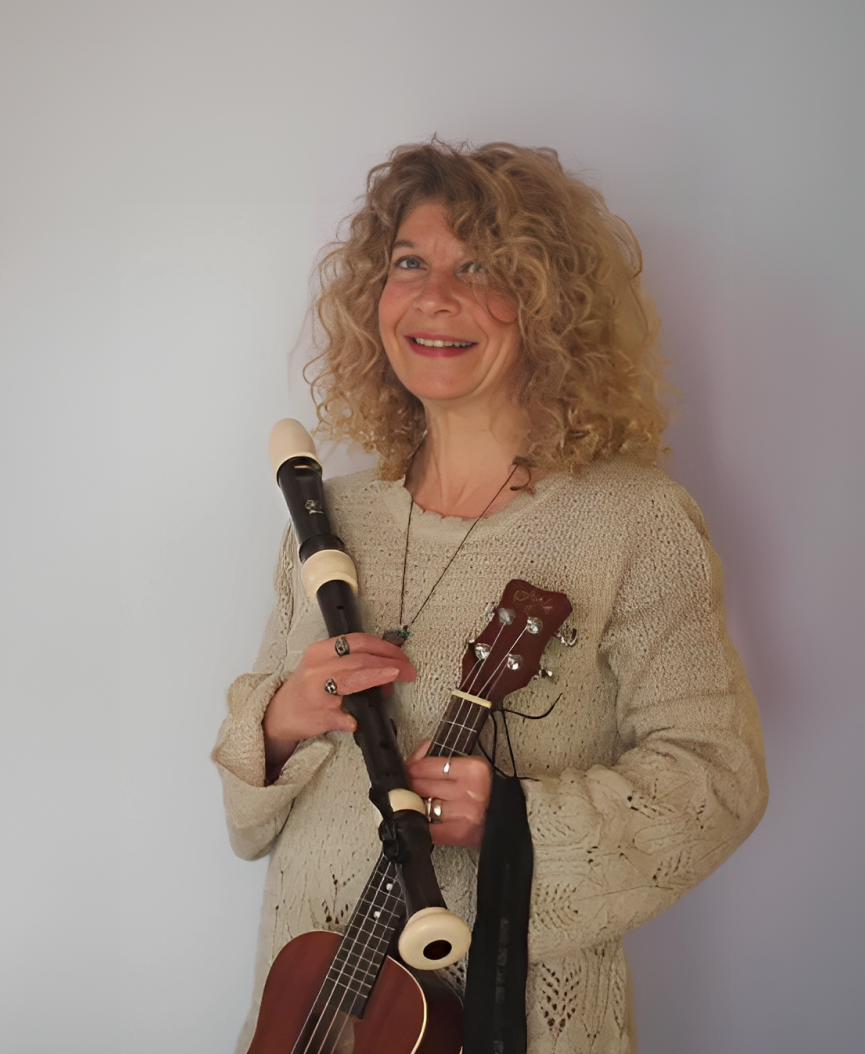Bakken Center hosts fourth annual international integrative nursing Symposium
The theme of this year’s Symposium was “Leading Systems Change” — a dynamic subject that was equally a call to action for attendees.
March 10, 2023
Aegor Ray

The University of Minnesota’s Earl E. Bakken Center for Spirituality & Healing hosted the Fourth Annual International Integrative Nursing Symposium from April 27th – April 29th, 2022. Integrative Nursing is an approach to nursing that emphasizes holistic, relational, and person-centered practices and frameworks that support whole person and whole system healing. Integrative nursing returns nursing to its roots, focusing on connecting with patients and offering healing in ways that consider a person’s entire context. The theme of this year’s Symposium was “Leading Systems Change” — a dynamic subject that was equally a call to action for attendees.
Dr. Mary Koithan, the Professor and Dean of the College of Nursing at Washington State University, co-chaired this year’s Symposium with the Bakken Center Director Dr. Mary Jo Kreitzer. Dr. Koithan spoke to the importance of diversity in this year’s Symposium, and how that informed the team’s thought process behind inviting speakers.
This year’s speakers were chosen for their alignment with the Symposium’s theme, and for their ability to speak on complex and intersecting topics such as dismantling racism, health equity, and planetary health. “Leading Systems Change” as a theme illustrates the urgency for integrative practices to shepherd the field of nursing in this complex transitional moment. Integrative nursing focuses on the personhood of the patient, which intentionally sees a person within the systems that affect them and the environment in which they exist. “Intentionality,” says Koithan, “is a central tenet of integrative care — intentionally attending to those aspects of knowing, being, doing that are often ignored. If you think about what we teach — pay attention to breath, pay attention to words, pay attention to thoughts and emotions that you send into the environment, we should equally pay attention to the people we invite to the table.” Speakers brought a level of care and courage to their talks, and emphasized that the agency and actions of participants is not just a drop in the ocean; instead, the efforts of many individuals working in integrative care collectively ushers in the waves of change that health systems – and the planet – need right now.
Dr. Teddie Potter spoke in her keynote about the necessity of health care workers to support environmental activism and stand up for the planet. “For me, integrative whole person/whole systems care is underpinned by a belief that we are all ONE and that nurses have a moral commitment to planetary health. Teddie’s keynote brought our philosophical and moral commitments full circle to action,” stated Dr. Koithan, grounding the individual actions of health care professionals in a global system that includes not only people but animals, ecosystems, weather patterns, water, and the Earth. In many ways, the Symposium offered methods of empowering nurses and other health care professionals to extend themselves relationally into fields that are intimately involved in whole-person wellbeing, but have been fragmented in our current system.
This year, the Symposium was held online, an intentional choice that offered wider accessibility for participants. “I personally believe that virtual conferences and events increase inclusivity and make our work more accessible to nurses who may not have the funds, time, or work/ family situations that allow them to travel for several days. All in all — I think that this conference modeled whole person/ whole systems thinking and behaviors,” says Koithan.
Molly Buss, the Bakken Center’s Community Relations Program and Event Manager agreed, noting that “the online format was super helpful to participants because they could fit in reviewing the content when their busy schedules allowed.” The decision to hold the Symposium online was, in a sense, a direct mapping of the values and intentions of Integrative Nursing onto the very format of the event itself. The last time that this Symposium was held in person, the world looked very different — being able to adapt the program without sacrificing the integrity of the message illustrates the level of commitment that the Bakken Center carried into seeing the Symposium through.
“Nurses and other health professionals have been through so much over the past few years. The principles of integrative nursing resonate now more than ever because they call out the importance of focusing on the health and wellbeing of caregivers in addition to the people they serve,” serve,” says Dr. Mary Jo Kreitzer, Director of the Bakken Center and co-chair of the Symposium. Indeed, the emphasis on the care of the caregivers was a notable thread throughout the Symposiums’ Opening Day Mosaic. Johanna Gaskins, DNP, APRN, AGNP-C, spoke of the ways that the principles of integrative nursing supported managing her own self-care. She noted Principle 6, which explicitly focuses on the health and wellbeing of caregivers, and also the broader goals within the practice to keep nursing as a person-centered and relationship-centered field. The isolation of the last few years due to the Covid-19 pandemic, and the ongoing struggles for racial justice, health equity, and planetary health have compounded the frustration and anxiety of all people, including those on the frontlines of health systems and care labor. Gaskins stated that she prides herself on creating relationships, and that relationships have been a lifeline through the tumult of the last few years.
Participants in the Symposium left overwhelmingly positive feedback about the experience. More than 80% of participants said that they could identify at least one strategy to improve equity, diversity, and inclusion in their organization, and 92% of participants shared that they would like to commit to the application of at least two new integrative nursing strategies in the delivery of patient care, educational programming, or institutional leadership. Additionally, more than half of the participants preferred the online format — bolstering the decision on the part of the Bakken Center to be adaptive to the changes in access and work-life balance for nurses and other health care professionals in the last several years.
“When we made the decision to hold the symposium online, it was clearly the right decision at the time. Still, having experienced the sense of community among participants in Ireland, I was concerned that the virtual platform wouldn’t provide a meaningful experience. We keep that concern at the center of our planning. When more than 325 attendees from 17 countries and five continents gathered together, the live Q&A sessions and 58 poster and oral abstract presentations created opportunities for rich dialogue. I won’t say that I didn’t miss the inperson connections but I am excited about the increased accessibility and venues for deep connections that are still possible in an intentional, online environment.” Pamela Cherry, the Center’s Administrative Director.
As the Bakken Center moves forward to shape more discussions and practices in the field of Integrative Nursing, the Fourth Annual Integrative Nursing Symposium will provide ample material for future gatherings. Leading with conscientiousness and care may require more effort, but ultimately fosters a supportive environment for nurses, health care professionals, and all individuals to see themselves as agents of change.


